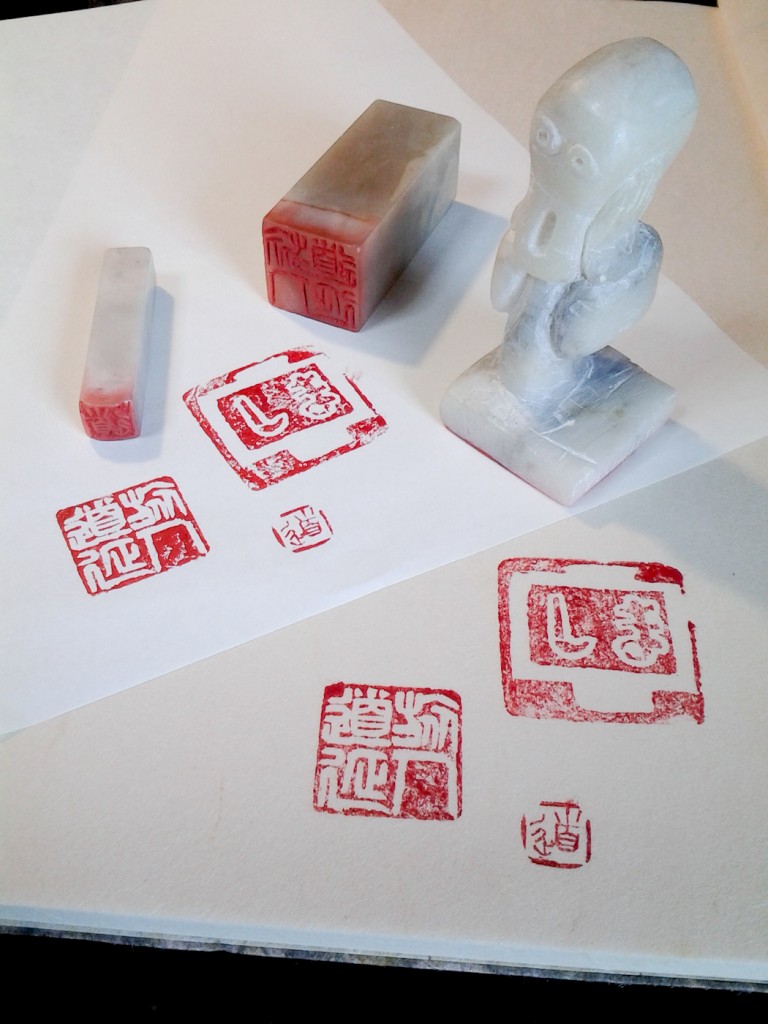The odds against people named Suzuki are not good, at least in the classes I teach. In my experience, at least at the school where I work, the odds of a Suzuki being bad are pretty high.
Now, I’ll grant you that this may be a math problem. Suzuki is the second most common name in Japan therefore the odds of encountering a Suzuki are high and given the normal distribution of good and bad then, well, um, no, that doesn’t explain the past at all.
About a decade ago I taught a class that had four lads named Suzuki in it. They were all bad. (Given the normal distribution of good and bad then at least one should have been good.) What was funny about them was they were all bad in different ways. Suzuki A (not his real name) was lazy and had to be coaxed into doing work. Suzuki B was noisy and had to be stapled to his chair (metaphorically, of course; the school wouldn’t buy me a stapler that large); Suzuki C was distracted by games and work from other classes and, if he had a book, it wasn’t from my class; and Suzuki D was all of the above forms of bad plus a few more.
While I was teaching the Four Bad Suzukis of the Apocalypse, we had an open class where other teachers could observe our classes. A young teacher observed my class.
Unfortunately on that particular day, Suzuki D’s usual partner was absent and he felt this meant he had the day off. He leaned back in his chair, crossed his arms and fell asleep. I woke him up and told him to get a partner. He pointed to the empty chair, mumbled something and went back to sleep.
I woke him up again and he pointed to the empty chair again and once again mumbled something and went back to sleep again.
I woke him a third time and pointed to another lad who had no partner and Suzuki D mumbled something and went back to sleep.
I woke him up fourth time. This time he threw his arms out and shouted “nani?!” (Which usually means “what” but given his tone, was Japanese for “now what the fuck do you want/will you fuck off”) I told him to get out and he left without much more coaxing than that.
The young teacher was both horrified and impressed and, because Suzuki D was well known there were no repercussions. I don’t know what happened to him. I vaguely remember him not passing the year, but that might be my imagination.
Now, when I have students named Suzuki I ask them “are you a good Suzuki or a bad Suzuki”? They usually say good. I’m not sure I believe them. You are Suzuki until proven innocent.



